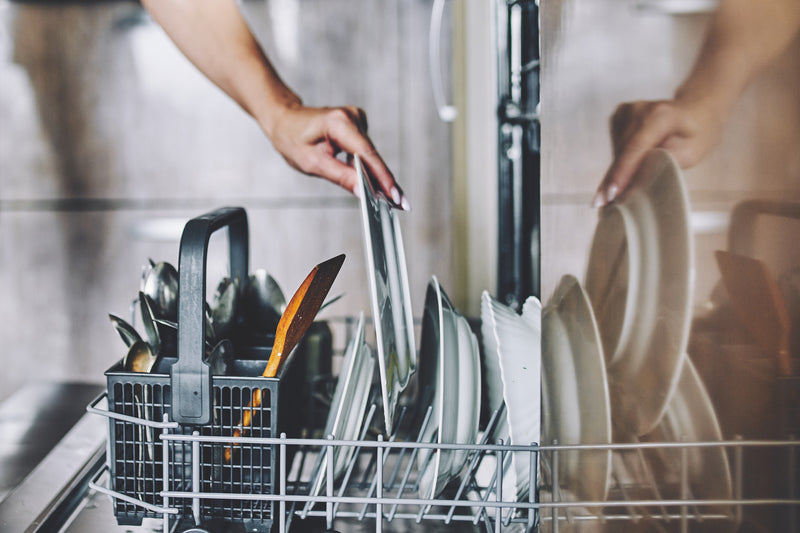Easiest Plumbing Jobs for Seniors
As we age, maintaining our homes can become challenging. However, there are several plumbing tasks that seniors can tackle themselves with a little guidance and the right tools. Not only does taking care of minor plumbing issues save money, but it also empowers seniors to remain independent and stay active around the house. In this article, we will explore the easiest plumbing jobs that seniors can handle safely and efficiently.
Related Topics (Sponsored Ads):
Fixing a Leaky Faucet
A leaky faucet is a common plumbing problem that can be easily resolved by seniors. Start by turning off the water supply to the faucet and placing a towel or bucket underneath to catch any dripping water. Next, disassemble the faucet handles and inspect the internal components for any worn-out or damaged parts. Replace faulty parts such as O-rings or washers, which are usually inexpensive and readily available at hardware stores. Reassemble the faucet and turn on the water supply to check for leaks. Fixing a leaky faucet not only saves water but also prevents potential water damage and reduces utility bills.

Unclogging Drains
Unclogging drains is another plumbing task that seniors can tackle with relative ease. Begin by using a plunger to create suction and dislodge the clog. Place the plunger over the drain and push and pull forcefully several times. For more stubborn clogs, a drain snake or auger can be used to physically remove the blockage. Insert the snake into the drain and rotate it while pushing it forward. Once the clog is cleared, run hot water to flush out any remaining debris. Avoid using chemical drain cleaners, as they can be harmful and may damage pipes. Regular maintenance, such as using drain screens to catch hair and debris, can help prevent clogs in the future.
Installing a New Showerhead
Replacing an old or inefficient showerhead is a simple task that can enhance the showering experience. Start by turning off the water supply to the shower. Use an adjustable wrench to loosen and remove the existing showerhead by turning it counterclockwise. Clean the threads of the shower arm using a cloth or brush to ensure a tight seal with the new showerhead. Apply plumber's tape to the threads of the shower arm to prevent leaks. Screw on the new showerhead clockwise until it is hand-tight, and then use the wrench to give it a final snug turn. Turn on the water supply and check for any leaks. Enjoy the improved water flow and efficiency of the new showerhead.
Replacing a Toilet Flapper
A faulty toilet flapper can cause water wastage and frequent toilet tank refills. Seniors can easily replace the flapper to restore proper functioning. Begin by turning off the water supply to the toilet and flushing it to drain the tank. Remove the old flapper by unhooking it from the chain or sliding it off the overflow tube. Take note of the flapper size and style to ensure a proper replacement. Install the new flapper by attaching it to the chain or sliding it onto the overflow tube. Adjust the chain length if necessary to ensure a proper seal. Turn on the water supply, let the tank fill, and check for any leaks. This simple fix can save water and reduce water bills.
Installing a Water Filter
Installing a water filter is a beneficial plumbing task that improves the quality of drinking water. Many water filter systems are designed for easy installation and can be done by seniors. Read the manufacturer's instructions carefully and gather the necessary tools. Typically, installation involves attaching the filter housing to the cold water line under the sink and connecting the filtered water line to the faucet. Some filters may require drilling a hole in the sink or countertop for the faucet. Follow the step-by-step instructions provided, and ensure that all connections are tight and secure. Once installed, run water through the filter to flush out any initial sediment. Seniors can enjoy clean and filtered water for drinking and cooking.
Conclusion
Seniors can take on a range of plumbing tasks that are relatively simple and require minimal physical effort. Fixing a leaky faucet, unclogging drains, replacing a showerhead, changing a toilet flapper, and installing a water filter are all manageable jobs that offer a sense of accomplishment and independence. Remember to take precautions, such as turning off water supplies and wearing gloves, when working on plumbing tasks. However, for more complex or extensive plumbing issues, it's advisable to seek professional help. By staying proactive and addressing minor plumbing concerns, seniors can maintain their homes and enjoy the satisfaction of handling these tasks themselves.




